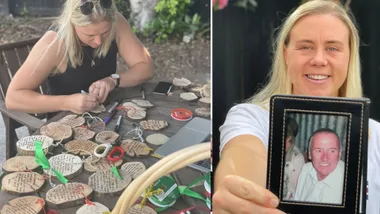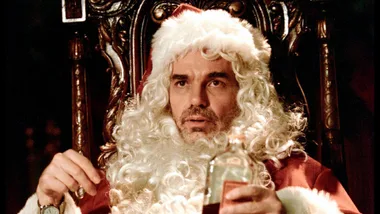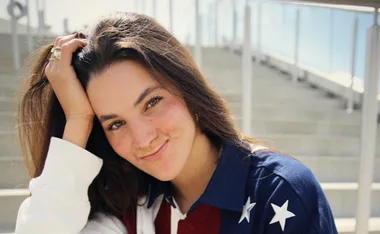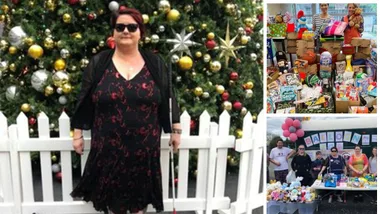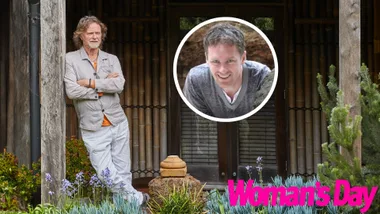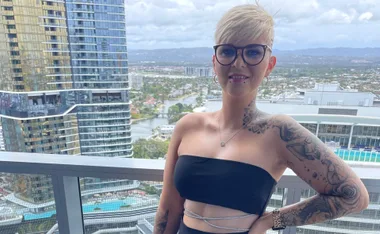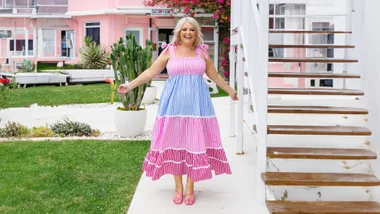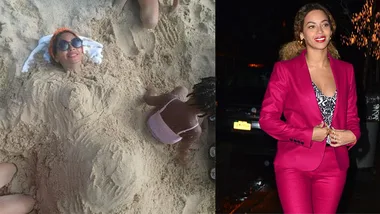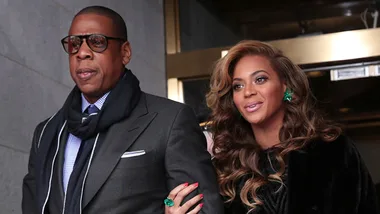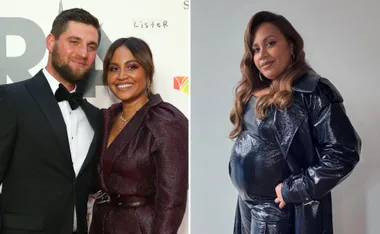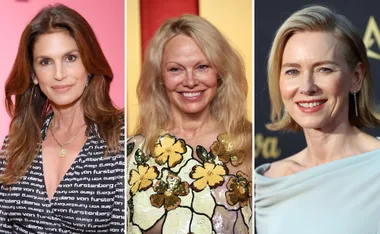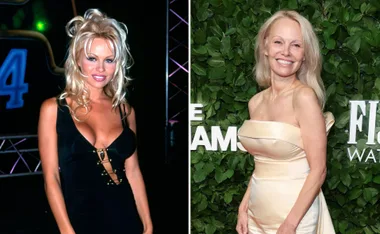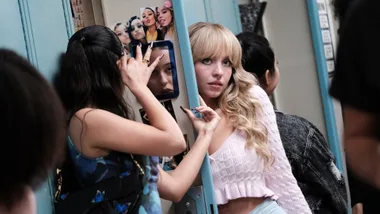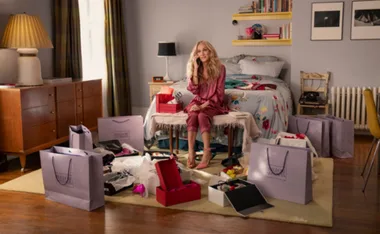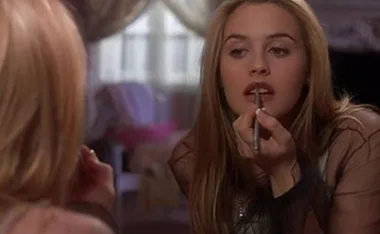Want to know how to lose five kilos in two weeks? Elle Macpherson’s trainer James Duigan shows you how!
When it comes to losing weight, just like everything in life we need to a little bit of inspiration to achieve our goals. Elle Macpherson’s trainer James Duigan has come on board for the Woman’s Day diet in 2012 and shares with us all of his top tips. “I am thrilled to contribute to The Woman’s Day Diet 2012,” he said.
“You’ll find all your favourite WD diet recipes – kJ-crunched, cooked and tested in the WD test kitchen – plus a few of my own recipes, diet tips and the workouts that get my celebrity clients in tip-top shape.”
Make sure you follow the rules, work out plan, eat two snacks from the snack list per day and stick to the portion sizes.
Top tip: Please note foods in bold are free kj and you can eat as much as you like.
You should lose 1-2kgs a week (up to 5kgs for heavier women), depending on your starting weight. The total daily kJ count is 5500-7000kJ. This compares to the average of 8000-9000kJ for a 70kg Australian woman;
Eat lots of green vegetables or a fibre supplement. Fibre helps reduce “bat wings” and “bingo arms” by eliminating toxins;
Limit alcohol to four standard drinks a week. A 400kJ glass of wine replaces one snack.
Your body converts wheat to sugar faster than any other grain. So try and avoid bread and pasta, if you can.
All breakfasts on the diet can be swapped with other breakfasts, lunches with lunches and dinners with dinners.
One coffee per day is allowed. After that, drink green tea.
All beakfasts on the four week diet are interchangeable with other breakfasts, lunches with lunches and dinners with dinners;
Studies show that low-fat yoghurts, for instance, are loaded with sugar and sodium to make up for the blandness of having no fat. So, eat real butter, yoghurt and milk and cheese. Keep the doses small, though, says James.Snack ListEach day choose from any two of the following:1 apple and 1 matchbox-sized serve full-fat cheese (700kJ);
Vegetable sticks and ¼ cup hummus (600kJ);
1 piece of fruit and a handful of nuts (400kJ);
100g natural yoghurt with berries, cinnamon and almonds (400kJ)
1 small latte (400kJ)
2 Corn Thins with 1 teaspoon no added sugar peanut butter (400kJ)
Make a yoghurt paddle pop (with fruit and nuts) (450kJ)
Frozen grapes and bananas (480kj)
Fruit smoothie with added fibre or bran (400kJ)
4 squares dark chocolate (400kJ)
Green smoothie (blend up celery, cucumber, lime, ginger, mint) (negligible).
1 apple and 1 matchbox-sized serve full-fat cheese (700kJ);
Vegetable sticks and ¼ cup hummus (600kJ);
1 piece of fruit and a handful of nuts (400kJ);
100g natural yoghurt with berries, cinnamon and almonds (400kJ)
1 small latte (400kJ)
2 Corn Thins with 1 teaspoon no added sugar peanut butter (400kJ)
Make a yoghurt paddle pop (with fruit and nuts) (450kJ)
Frozen grapes and bananas (480kj)
Fruit smoothie with added fibre or bran (400kJ)
4 squares dark chocolate (400kJ)
Green smoothie (blend up celery, cucumber, lime, ginger, mint) (negligible).
1 serve of rice or pasta = a fist
1 piece of meat, fish or chicken = the size and width of a deck of cards
1 serve of cheese = one slice, or 4 small cubes that could fit in a matchbox
1 serve of butter = your fingertip
For more great diet and work out tips, plus the full diet plan, see Woman’s Day on sale January 9, 2012.
DISCLAIMER: Please do not embark on a vigorous exercise program without speaking to your doctor first. This advice is general only and does not replace the advice of your doctor or exercise physiologist.














